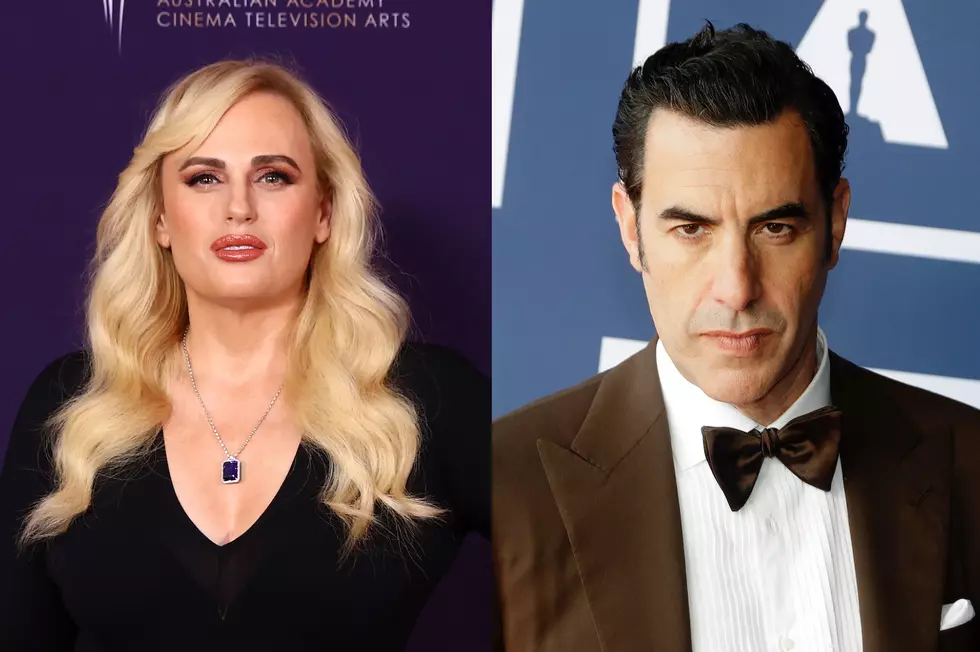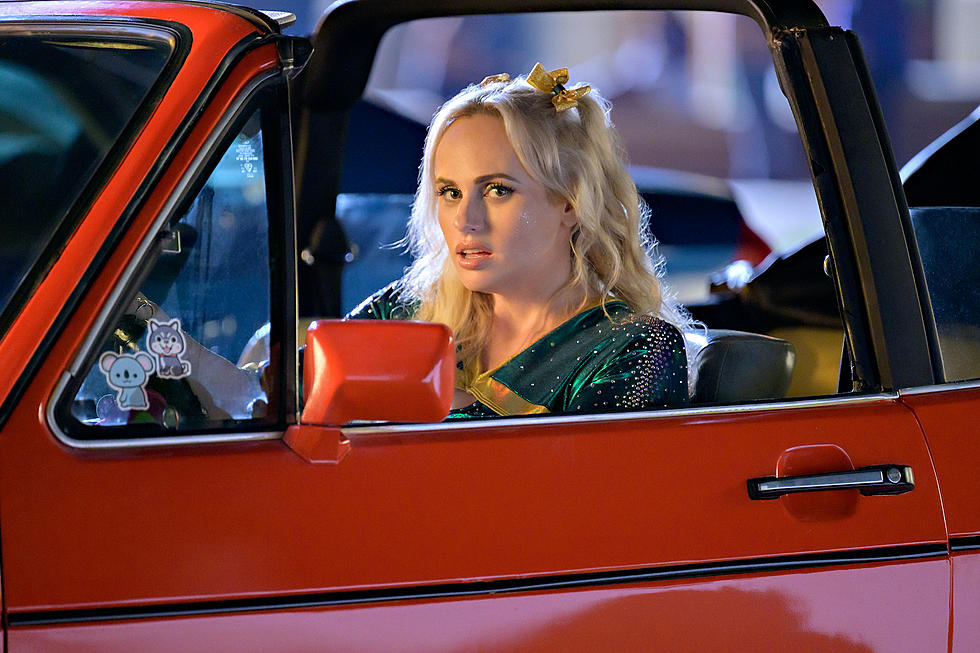
Reel Women: Are Plus-Sized Actresses Getting the Roles They Deserve?
There seem to be more plus-sized actresses in Hollywood, but are they getting the roles they deserve? With names like Rebel Wilson and Melissa McCarthy becoming more prevalent, we take a look at the roles they've had and if their fame indicates that the tides are changing for the better.
There's a great piece by Roxane Gay in the Wall Street Journal this week called "Plus-Sized Stars Still Face Minuses," in which Gay examines the fame of actresses like Rebel Wilson, Melissa McCarthy, and Jennifer Hudson, and whether they're getting the sorts of roles worthy of their talent, or just perpetuating the way we joke about fat people.
Gay deconstructs the superficial culture that's led to the way we obsess over our own bodies and the bodies of very famous people:
There was a time when there wasn’t much hope of success for full-figured and overweight women. Hollywood maintains rigid standards of beauty, particularly for women and even today, we are part of a culture where female celebrities and their bodies are under a great deal of scrutiny. We are part of a culture where tabloid magazines obsessively track how recently pregnant celebrities lose weight. We are part of a culture where “Mad Men” actress Christina Hendricks recently took offense during an interview when she was referred to as full-figured simply because she is curvy.
It's true. In a recent interview, Hendricks was called full-figured and lashed out at the reporter -- why do we have to call her "full-figured?" Why do we have to put labels on real people and make them into a symbol for something? The answer is simple: we don't have enough actresses with relatable bodies in Hollywood, so when someone like Hendricks comes along, we cling to her desperately as a symbol to the world that our own bodies are attractive -- she is the proof we need. But she is also a human being with feelings and a life, and using her as a tool to relieve our own insecurities is just as silly as hanging pictures of Kate Moss on your wall and starving yourself to achieve her measurements.
Gay goes on to discuss rising star Rebel Wilson and the roles she's selected:
In “Pitch Perfect,” Rebel Wilson’s character Amy goes by “Fat Amy.” She does this, she says, so “twig bitches” don’t call her fat behind her back. Wilson has a significant role in the movie and wields her deadpan comedic style with great aplomb but her size is still a plot point. Her size cannot go unacknowledged the way body size is unacknowledged for her slimmer costars. Wilson also recently starred in “Bachelorette,” where during the first half of the movie, her character, Becky’s size was a major plot point and a source of much of the movie’s humor.
As Gay points out, by the end of 'Bachelorette' Becky's weight is forgotten and we see how normal and together her life is, and she's marrying a great, handsome guy, while her messy friends are falling apart all around her. Thin doesn't mean you have your crap together any more than a heavier person. Aside from 'Bridesmaids' (more on that in a minute), her roles are those that acknowledge her size and then allow for jokes to be made at her character's expense. But in Wilson's defense, her 'Pitch Perfect' character is using the "Fat Amy" designation as a defense mechanism or pre-emptive strike, and isn't that relatable? And in 'Bachelorette,' the audience isn't meant to laugh at her size -- her horrible friends are making fun of her, and we're supposed to be disgusted with their behavior toward their so-called "friend."
What Gay fails to see here, I think, is the difference between the character and the actor -- the art and the artist. And what about consent? We can't dismiss that Wilson chooses to portray these characters. There is, undoubtedly, a need in Hollywood for the creatives to allow heavier women to play roles that thinner women could. How nice would it be to watch a film in which Melissa McCarthy gets to play a serious love interest without her weight being mentioned or sourced for laughs? Can we not believe that a heavier woman could find an attractive and suitable mate? It happens every day in real life, but in the movies we like to pretend that only thin, commercially attractive people can do anything.
Speaking of McCarthy, I disagree with Gay's assertion that her character in 'Bridesmaids' was a source of humor because of her weight. McCarthy's weight is never once brought up or made into a punchline (the end-credits stinger with the sandwich sex tape is debatable). Instead, she's just a butch, tough woman and the humor comes from the unexpected -- she doesn't wear make-up and dresses in masculine clothes, so we assume she might be gay, and then she talks about wanting to climb a man like a tree. She seems callous because of her cadence and mannerisms, but then she talks about how a dolphin changed her life. She doesn't seem to have a filter or any concept of class or discretion, yet she turns out to be really wealthy thanks to a high-ranking government job. It's not that we are surprised by these things because she's overweight -- we're surprised because of her personality.
Again, her weight is never mentioned, so if the audience is laughing at the situational and physical humor because of her size, that's a problem with the individual viewer and their perception of appearances, and not the fault of writers Annie Mumolo and Kristen Wiig or even McCarthy herself.
But the bottom line here is this: these are real women with real bodies and real minds. They make their own decisions, and if they want to act in a film where their weight is mined for laughs, isn't that their decision? Society won't ignore their size, so they take ownership of their bodies and use them for laughs before someone else does. It's good to see more realistic body types portrayed in film and television, and it would be fabulous if we didn't acknowledge their size, but let's not discount that these are women who are making choices about their careers and their lives, and they have the ability to do so -- and isn't that more important?
More From ScreenCrush









